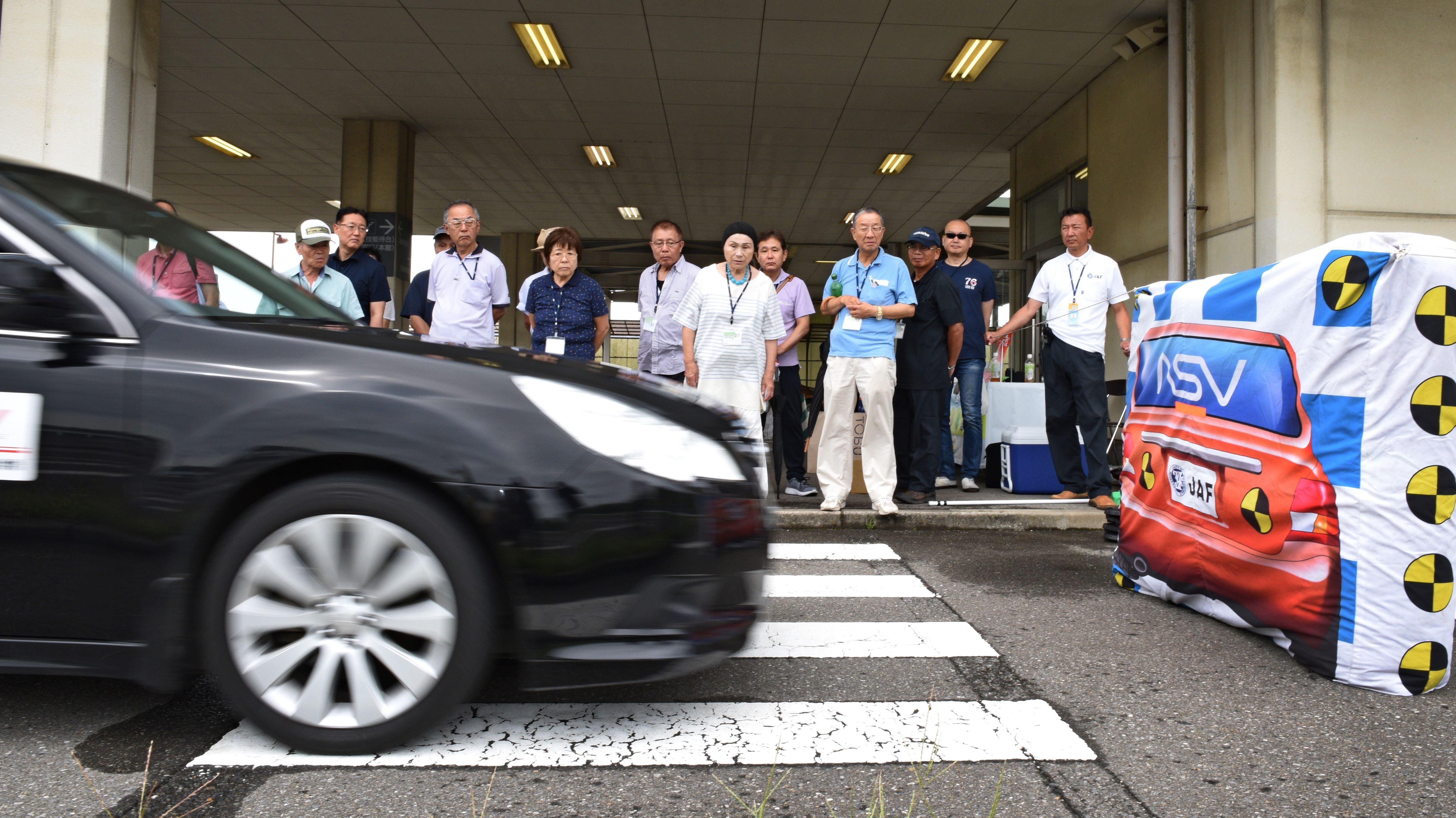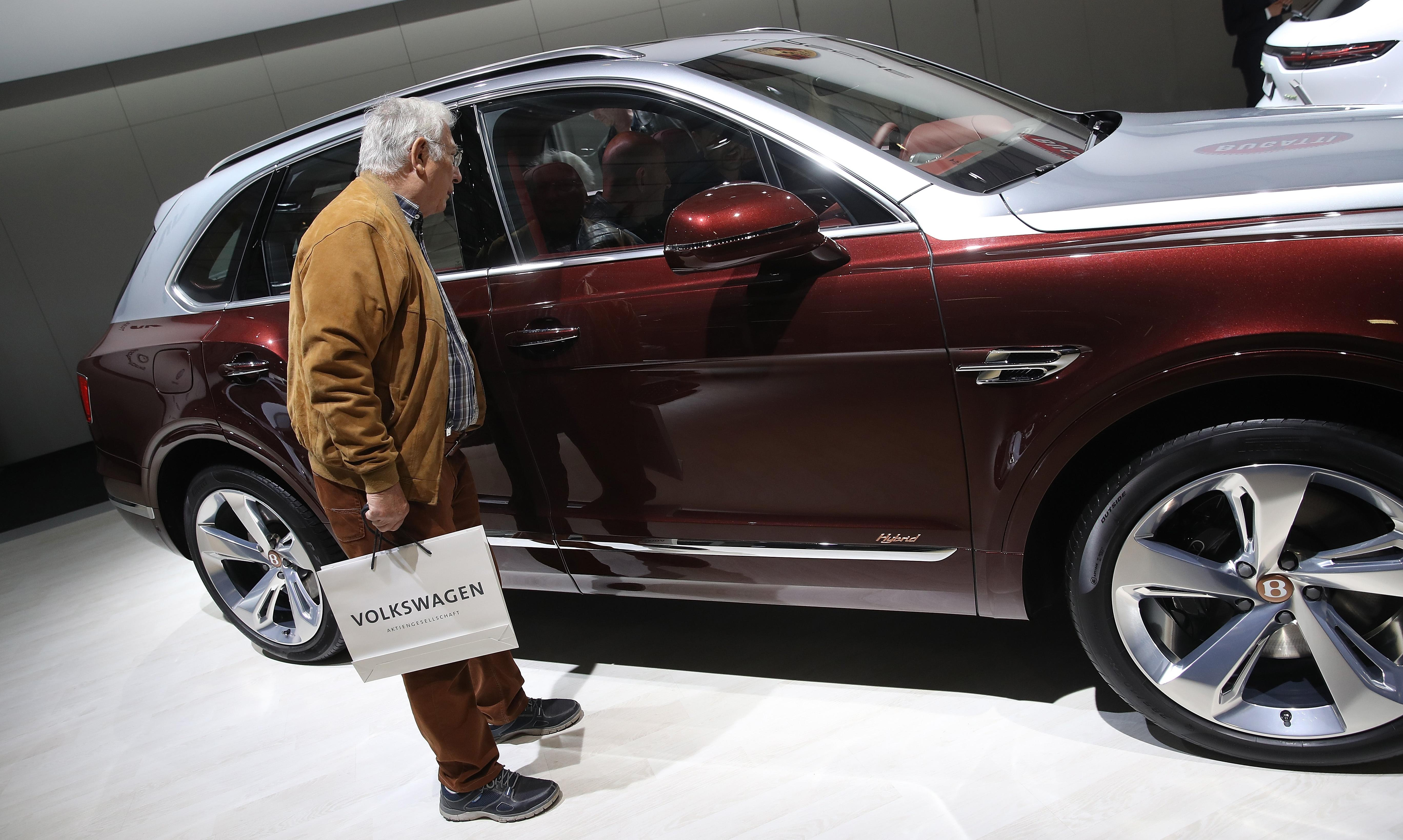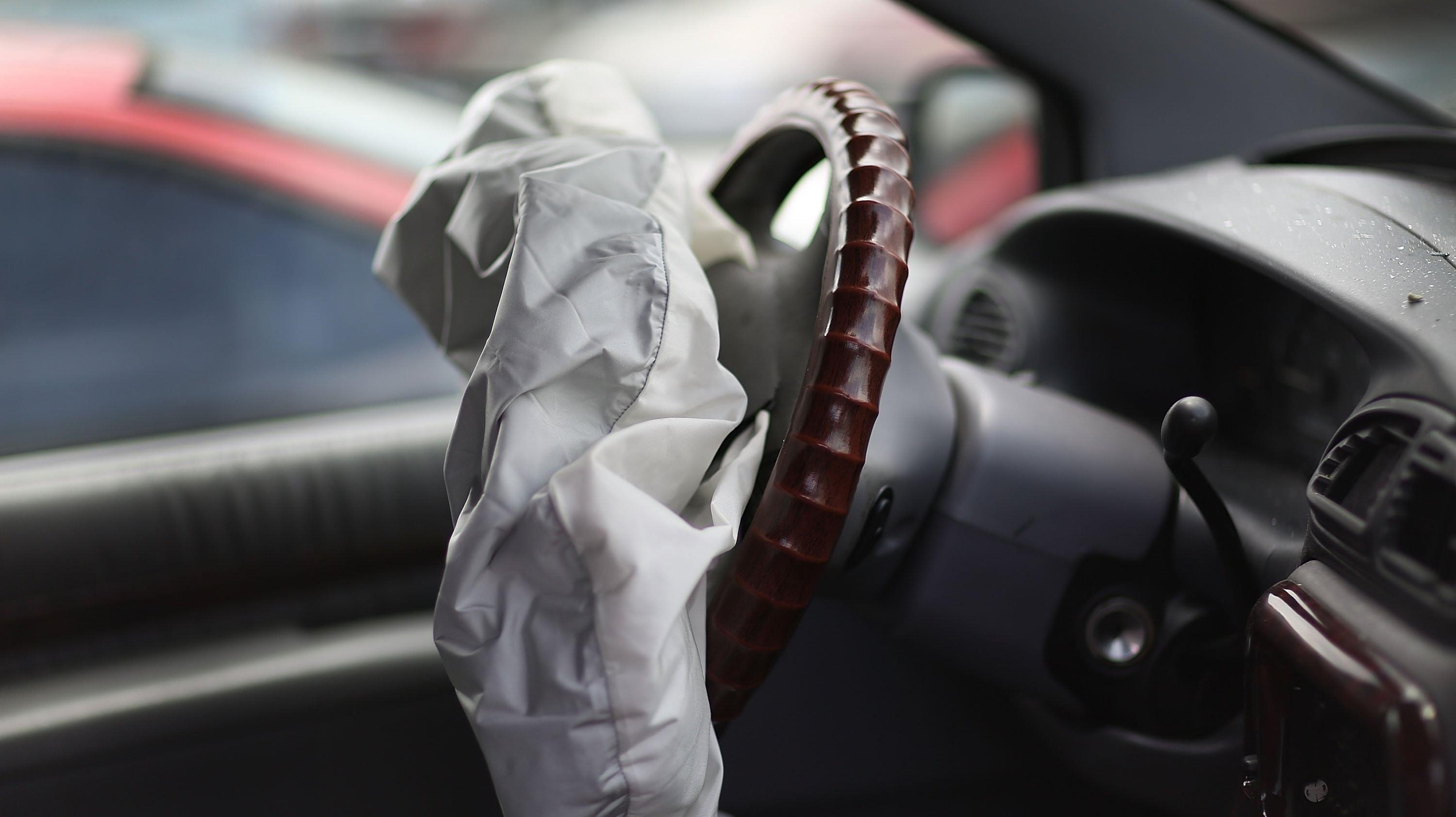Older Drivers Are More Likely To Die Driving Older Cars
Older people want to keep their old cars, but doing so could have fatal consequences.
The average age of cars on the road keeps going up, and as these cars get older they are becoming less suited to the drivers most likely to own them. A new study from the IIHS says that older drivers are at much greater risk of getting hurt or killed in their so-called "retirement cars."
According to the study, drivers 70 and over are sticking with their older cars, which lack modern safety features. As driver age goes up, so does the likelihood of death in accidents by some pretty staggering figures. Drivers who are over 75 are four times as likely to die in a side-impact crash, and three times as likely to die in a frontal crash than drivers who are middle-aged, per the IIHS.

The IIHS defines older cars as those over 16 years-old, so anything up-to or before 2005. That doesn't seem very old but, then again, I still think anything that came out around the year 2000 is, like, pretty new. Even if I don't like the IIHS's criteria, it's not hard to agree that those features that became more or less standard in the last decade increased safety by a lot.
Features like electronic stability control and side curtain airbags, mostly:
In addition, as driver age increased, vehicles were less likely to be equipped with electronic stability control (ESC) and head-protecting side airbags as standard features. Vehicles without ESC were associated with 37 percent higher odds of driver fatality for drivers 70 and over, while vehicles without standard head-protecting side airbags were associated with double the odds of an older driver fatality.
Of course, the increased risk of death comes from the physical frailty of these older drivers, according to the IIHS. But there's also the problem of a prevailing attitude among some older drivers that safety features aren't all that important:
When choosing their current vehicle, drivers 70 and older were less likely than middle-aged drivers to have required ESC, blind spot monitoring, side or curtain airbags, and forward collision warning or automatic emergency braking (AEB). Only about a quarter of older drivers said they required AEB, compared with 40 percent of middle-aged drivers, for example.
Similarly, about 10 percent of older drivers said that safety ratings are not at all important, compared with 4 percent of middle-aged drivers, and fewer older than middle-aged drivers ranked safety ratings as extremely important in their purchase decision.
That's mostly down to the small amount of driving these older people do. Many older drivers seem to think accident risk decreases at the same rate as mileage driven, but that's flat-out wrong. The IIHS explains that the risk of being in a car crash actually goes up, as miles go down:
"At the same time, they perceived less need to replace their older vehicles because they don't drive many miles per year and think of low mileage as synonymous with overall vehicle safety."
That's especially problematic because statistics show that crash risk per mile is higher for drivers who drive less, particularly those who travel fewer than 3,000 miles a year, than for those who log more travel. Driving on local roads is in fact riskier than highway driving, so the tendency of older drivers to restrict their highway travel and stay within their local areas means they accumulate most of their mileage in riskier conditions.
Those trips to the grocery store or a nearby pharmacy are more dangerous than many drivers realize. This all puts a new perspective on the coveted used car that someone's grandma or grandpa drove only to the store and back.
I won't campaign for a mass sell-off of old daily drivers, but if you have a loved one who plans to keep driving well into their old age, updating their car to something newer than a 2005 model — with ESC, side curtain airbags and automatic emergency brakes — couldn't hurt.

